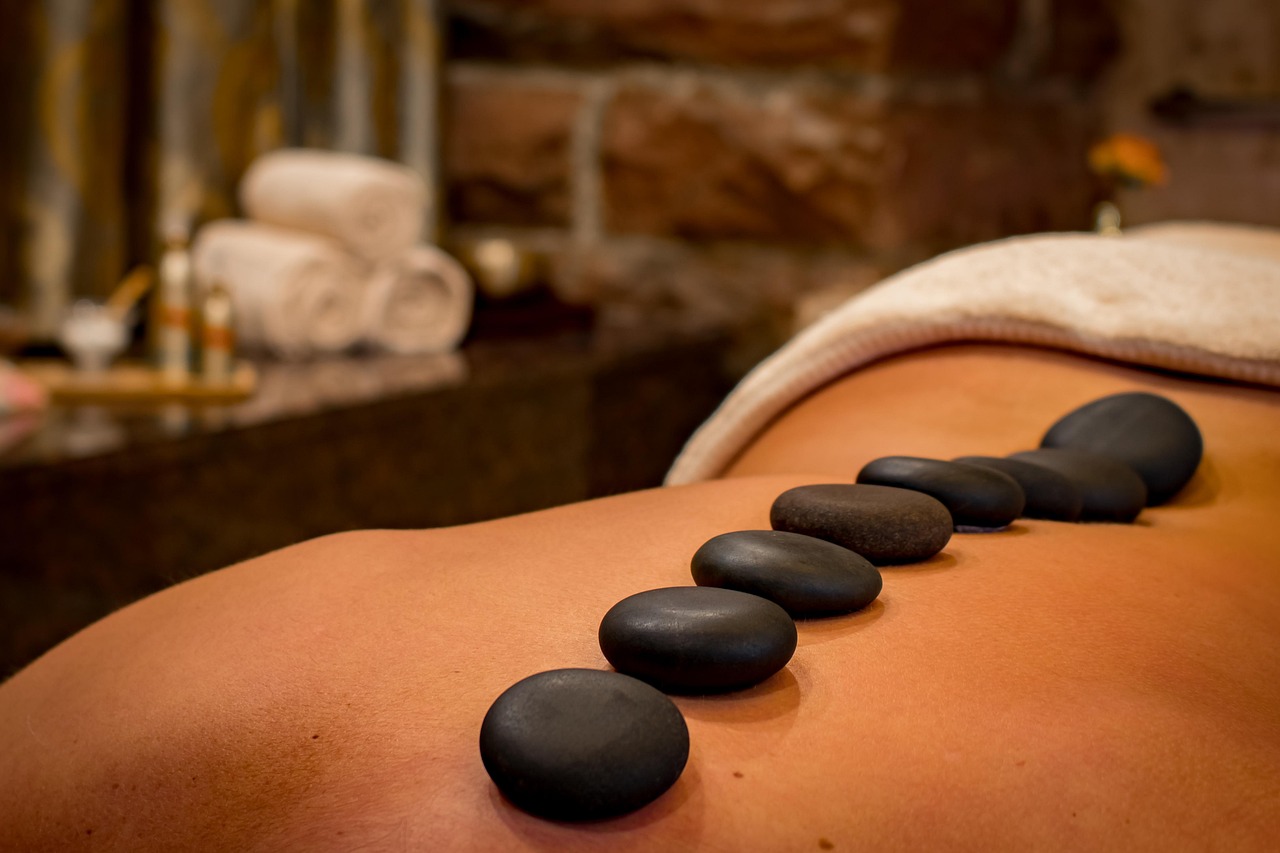The essential principles that guide effective pleasure practice, discovering how to integrate joy and satisfaction into your daily life for enhanced well-being.
Pleasure, an essential component of a fulfilling life, isn’t just about indulgence—it’s also a critical aspect of health and well-being. Understanding the basic principles of pleasure practice can help you effectively incorporate these elements into your life, leading to improved mental, emotional, and physical health. This guide will explore key concepts and strategies that form the foundation of effective pleasure practices, including mindfulness, balance, and the importance of variety. We’ll also discuss how to overcome common barriers to pleasure, ensuring that you can fully engage with and enjoy your daily experiences.
Exploring the Basic Principles of Pleasure Practice
Adopting a structured approach to pleasure can enhance its benefits. Here are the fundamental principles to consider when cultivating pleasure practices:
Mindfulness and Awareness
Being present in the moment is crucial for fully experiencing and appreciating pleasure.
- Practicing Mindfulness: Engage in activities that foster mindfulness, such as meditation, yoga, or simply paying close attention to your senses during everyday activities.
- Awareness of Pleasure: Consciously notice when you are experiencing pleasure. This can heighten the experience and make it more fulfilling.
Balance and Moderation
Maintaining balance is key to sustaining long-term happiness and avoiding the pitfalls of excess.
- Harmonizing Life Areas: Ensure that pleasure does not overshadow other important areas of your life such as work, health, or relationships.
- Moderation in Pleasure: While pleasure is beneficial, excessive indulgence can lead to diminishing returns or negative consequences. Finding the right amount that enhances life without leading to dependence or distraction is essential.
Variety and Novelty
Diversifying your sources of pleasure can prevent boredom and enhance your overall satisfaction.
- Trying New Activities: Experiment with new hobbies or interests to discover additional sources of joy.
- Cultural Experiences: Engaging with different cultures and their forms of entertainment and relaxation can broaden your understanding and appreciation of pleasure.
Integrating Pleasure into Everyday Life
Incorporating small, pleasurable activities into your daily routine can improve overall life satisfaction.
- Daily Pleasure Practices: Identify simple pleasures that can be part of everyday life, such as enjoying a morning cup of coffee, taking a brief walk, or listening to your favorite music.
- Scheduled Pleasure: Just as you might schedule important appointments, consider setting aside specific times for activities that bring you joy.
Social Connections
Pleasure is often amplified when shared with others.
- Social Activities: Engage in group activities that you find enjoyable, whether sports, games, or dining out.
- Community Involvement: Participating in community events or volunteer work can provide a sense of fulfillment and pleasure through helping others.
Principles for Sustained Pleasure
By understanding and applying these basic principles, you can effectively enhance your pleasure practices and improve your overall well-being. Pleasure should be a regular part of life—approached mindfully, balanced with other responsibilities, varied to maintain interest, integrated into daily routines, and often shared with others.
FAQs
How can I know if I’m balancing pleasure properly?
- Balance is achieved when pleasure enriches your life without causing neglect in other important areas. Regular self-assessment and adjustments based on your current life circumstances can help maintain this balance.
Can pleasure practices improve mental health?
- Yes, engaging in regular, enjoyable activities can significantly boost mental health by reducing stress, enhancing mood, and contributing to overall emotional resilience.
Understanding and implementing these principles not only enriches your experiences but also ensures that pleasure remains a healthy and productive part of your life, contributing to a fuller, more satisfying existence.




